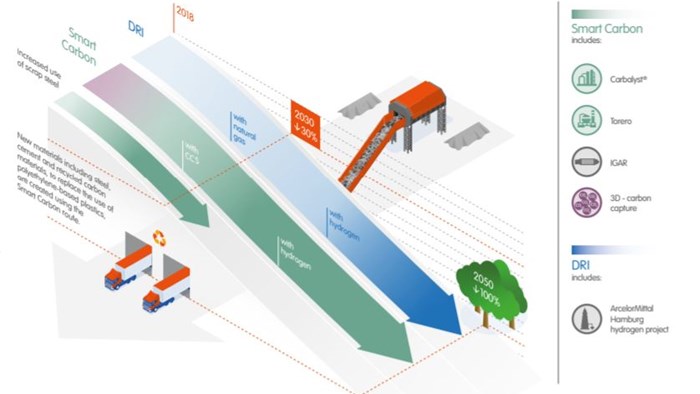Recently, the Japanese government has announced the national objective of turning the economy of Japan carbon–neutral by 2050. This declaration has therefore enhanced the imperativeness of replacing the use of unclean energy with cleaner alternatives so that the carbon-neutrality agenda can be attained in due course. Against this backdrop, this study aims to assess whether enhancing government investments in research and development for developing clean energy can help Japan curb its carbon dioxide emission figures. In addition, the analysis also controls for the environmental effects of clean electricity output, economic growth, international trade, financial globalization, and urbanization on Japan’s carbon dioxide emission figures. The cointegration test results confirm long-run relationships between all these variables. Besides, the regression results showed that scaling-up research and development-related investments for clean energy development reduces carbon dioxide emissions only in the long run. Similar emission-inhibiting impacts are also evidenced to be associated with greater output of clean energy-fired electricity. Moreover, it is also observed that higher clean energy development-related investments play a mediating role in amplifying the carbon dioxide emission-reducing effects of clean electricity generation in the long run. In addition, economic growth is seen to dampen environmental quality by triggering higher emissions of carbon dioxide both in the short and long run. Simultaneously, enhancing openness to international trade and greater urbanization is found to boost the carbon dioxide emission figures of Japan. However, an influx of foreign direct investments is not observed to influence carbon dioxide emissions in Japan, neither in the short run nor in the long run. Accordingly, concerning the achievement of carbon neutrality goal by 2050, these findings emphasize the importance of boosting clean energy development-related investments, increasing clean electricity output, greening economic activities, reducing the trade of unclean commodities, adopting environmentally sustainable urbanization policies, and facilitating the influx of clean foreign direct investments within the Japanese economy.






